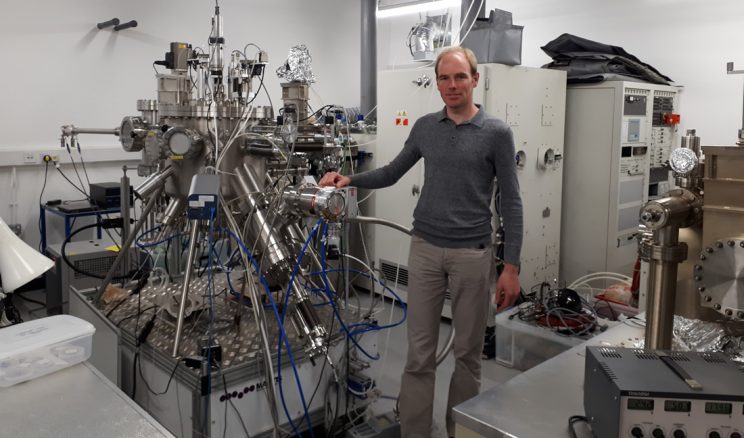
Brief Career Background
I graduated with a degree in Applied Biology in 1998, and after a short spell in a veterinary lab took up a research technician post in molecular immunology at the University of Sheffield. In 2001 I moved to the Public Health Laboratory in Nottingham as a clinical scientist in molecular diagnostics before returning to Sheffield in 2003 working on SNP analysis. In 2004 I moved to the University of Nottingham as senior research technician, again with a molecular focus before being promoted in 2006 to lab manager of the Fungal Genetics research group. In 2018 and after several years of expanding the lab manager role into different areas I took up a position as Departmental Technical Manager at the University of Sheffield.
What are your key skills and responsibilities?
My role involves looking after all aspects of the department that aren’t administrative, so apart from technical support this includes safety, facilities, equipment and space management. The skills and techniques required to do this effectively are largely an expansion of those used throughout my career, just applied in a different way. Most notably the need to take in a large amount of complex information and quickly come up with a workable process or solution to a problem.
Why did you choose to go for registration?
I felt it was important for me to do so on the basis of career development – the way technical staff roles are being structured now and certainly in the future will require us to be able to accept and manage change, as the fields in which we work in are changing so rapidly. Holding registration demonstrates a commitment to keeping up with that pace of change and maintaining a relevant set of skills.
What do you see as the benefits of registration?
I see that there are many key benefits to registration both in a personal and wider context. From a personal point of view, the ability to demonstrate professionalism and experience in a recognised way is key to getting across my abilities to those who need to know, for example students, staff that I manage, or senior academics.
For the wider cohort of technicians, registration allows us to bring that individual recognition and present to employers, funding bodies and other technicians that we are a professional, highly skilled and highly-motivated workforce to be proud of and developed effectively, that are vital to the running of any company or institution.
What sort of CPD activities do you undertake and why?
Recently I’ve been learning about a completely different field to the one I’ve spent most of my career in, so the majority of my CPD has been hands-on as well as reading around the subject. I like to attend conferences and meetings where possible too in order to hear about new developments and share best practice.
